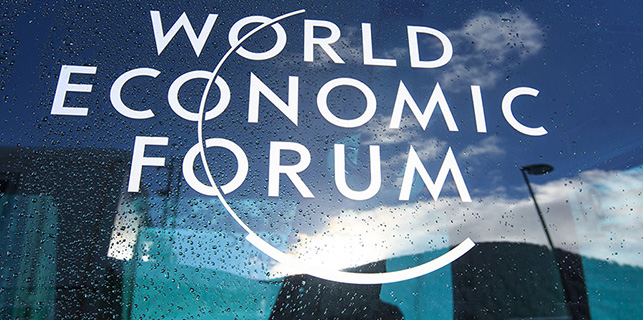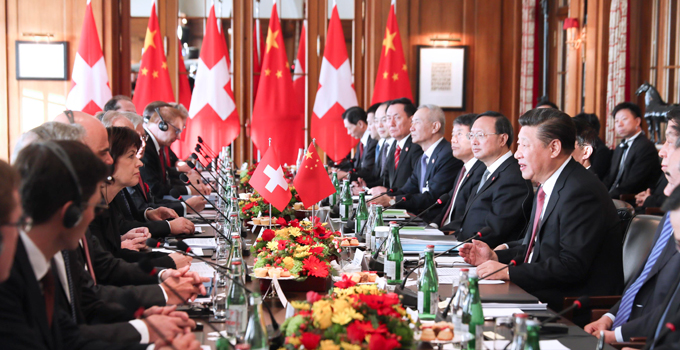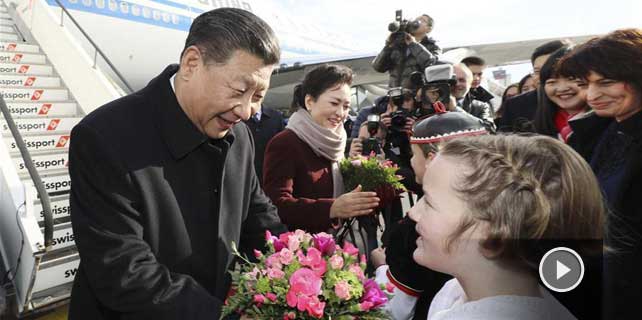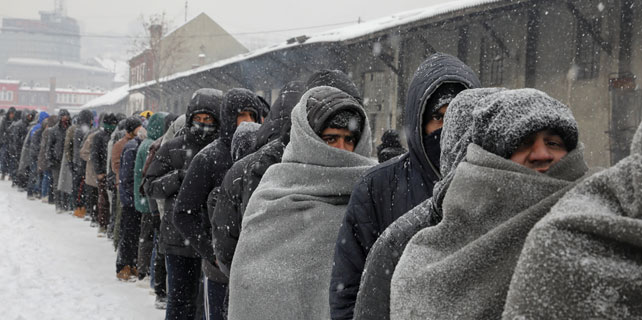China pays serious attention to Davos for more stable world order
As a late comer of modern industrialization and its resurgence as an economic superpower, China has certainly benefited from the process of globalization, particularly since its accession to the World Trade Organization. China’s recent emergence as a leading global investor suggests that it is ready to help other countries harnessing globalization and free trade for their economic and social development.
However, the current global economic climate is full of anxiety and stress, as most countries are struggling to find their way of slow growth or recession. The US dollar is getting ever stronger while all other major currencies are weakening. Is this good or bad for the US economy? Donald Trump will have his own interpretation, which may inevitably lead to some unforeseen consequences on other countries, including China.
In recent years, the Chinese economy has lost its rapid growth momentum due to tough internal and external constraints. However, compared to other major economies, China’s economic performance is still robust, as its internal market is huge with a great potential of internal growth irrespective of the external environment.
In the west, the US is probably the best performing economy, but the growth rate has not reached its pre-crisis level. The economic performance of the EU and Japan is still weak and fragile. Two of the so-called BRIC economies, Russia and Brazil, are struggling to move out of negative growth. Even the high-growth, high-performing economies of Singapore and South Korea are now growing at a mere low single-digit level.
The uncertainty of the world economic and political order is not just about free trade and investment, it is also about international migration, refugees, terrorism and climate change.
In Davos, Xi is expected to send a positive signal, reaffirming China’s effort and commitment for sustainable economic growth at home and for supporting free trade and globalization across national boundaries. He may also put forward China’s commitment for reducing the emission intensity of GDP growth and for fighting international terrorism.
Shujie Yao, Chueng Kong Professor of Economics, University of Nottingham and Chonging University






















